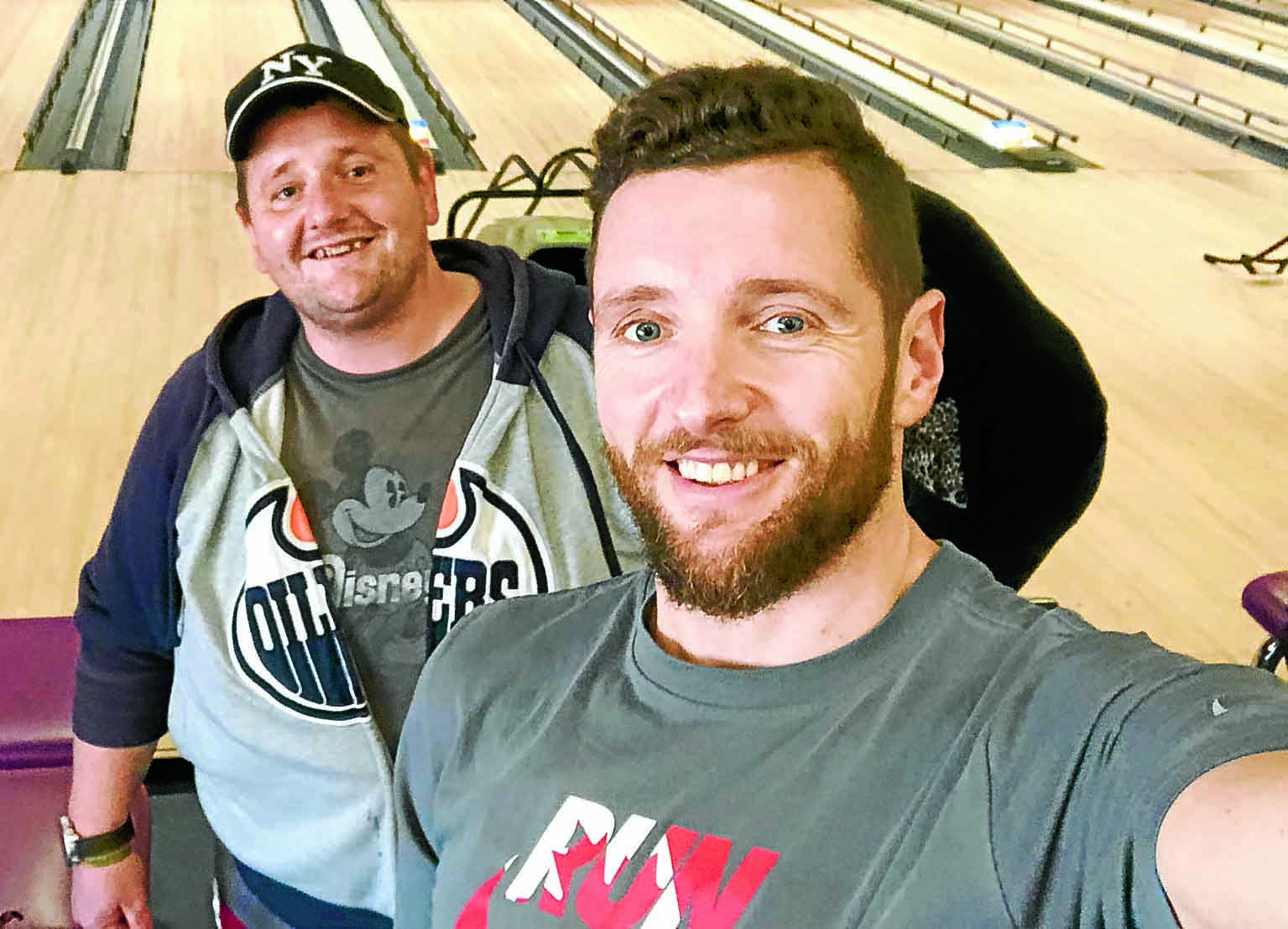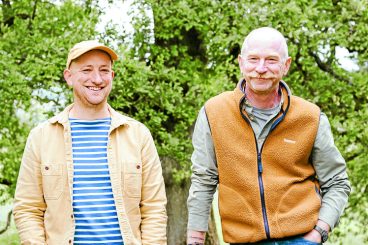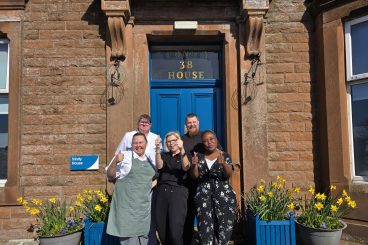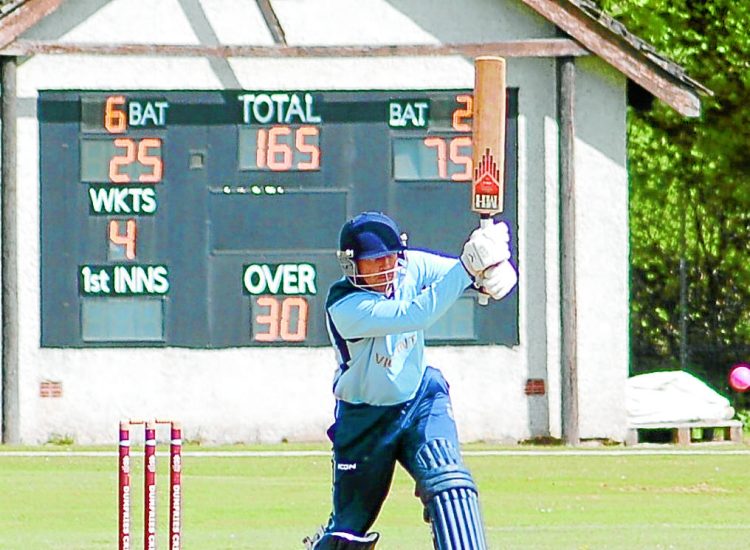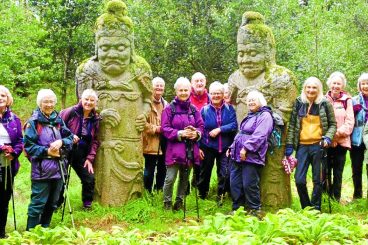Stewart Wyllie was devastated when his younger brother Craig passed away in Langholm in 2019 aged just 36, following years of problems with drink and drugs.
He said: “Craig had a hard life and struggled with addictions and mental health issues that would haunt him on a daily basis.
“He had good intentions to try and get out of the path that he was in, but it’s often like fighting a losing battle.”
Since the tragedy two years ago, Stewart has been calling for an overhaul of NHS support for addicts.
Despite living in Canada with his wife and children, he still keeps abreast of the issue and was disappointed to see figures showing drug deaths hit a record high in 2019 — with Craig among the victims.
But Stewart welcomed the Scottish Government’s £250m pledge earlier this month and promises of more rehab services and funding for support organisations.
He said: “It’s great that the government plans to improve how they tackle this public health crisis, but I don’t expect to see much improvement with the 2020 or 2021 stats. While adding more rehab beds and treatment availability is a good start, the issue is a lot more complex than that. It’s going to take a community shift in perception towards, and integration of, people who suffer with addiction issues for any meaningful change to occur.”
Recalling his brother’s situation, he said: “Craig needed more help with having his basic needs met, which would have involved more help from the government with things like faster health care appointments; more consistency with healthcare providers; better recommendations and advice on obesity; better options for those that are looking to return to the workforce, but are struggling with anxiety and depression; better follow up and support from health care professionals.
“Craig and others like him needed more help to delve back into why they had to resort to substance use in the first place. It’s nice to have these after measures in place, but the majority of people in these awful situations need to be better heard and have the support network that they desperately need to feel validated and to feel like they can have a purpose again. There needs to be meaningful ways for them to connect with services and people in the community to build a support network that allows for true change to happen.”
He would ideally like to see the system be more accessible, adding: “Currently, you need to have a lot of knowledge and feel confident advocating for yourself in order to actually receive help.
“The system needs to be set up to meet people where they are at in their addictions, not expect them to get better first.”
- The brothers are pictured above





